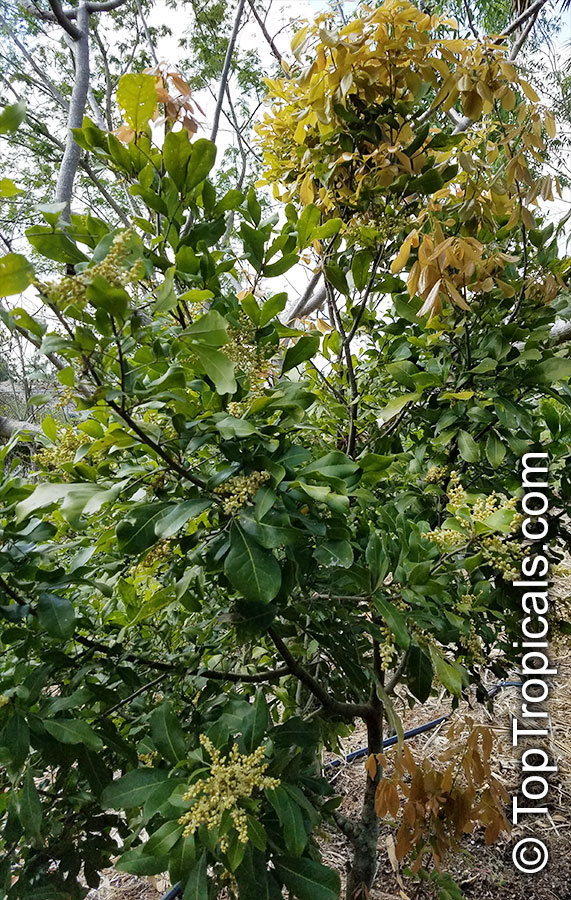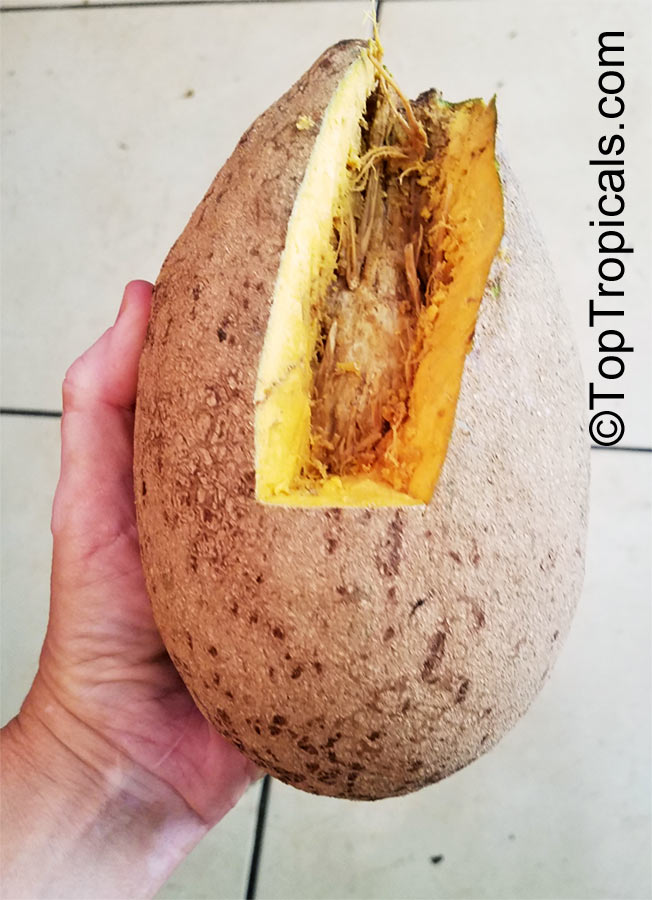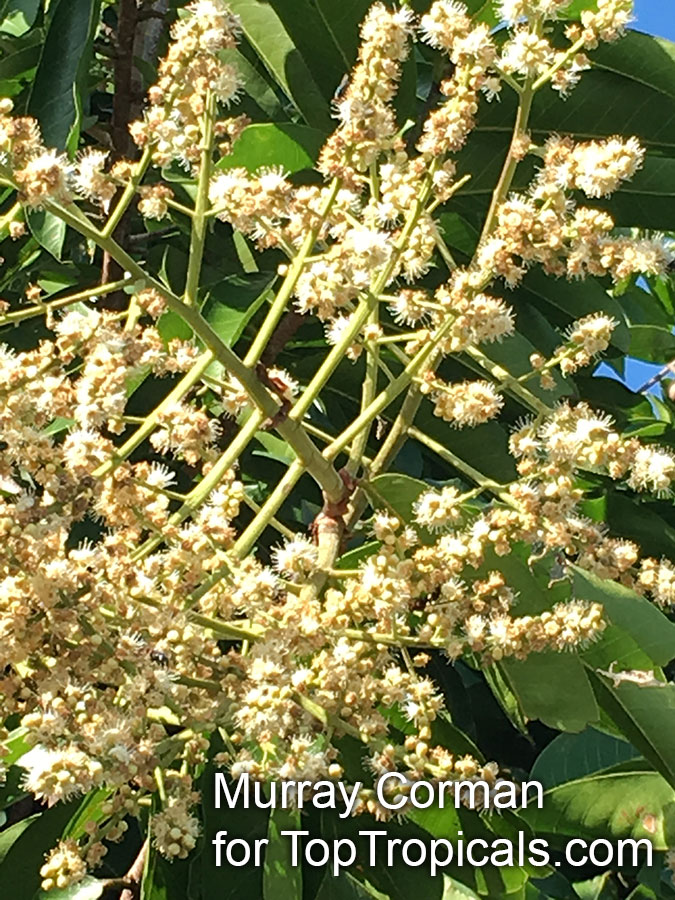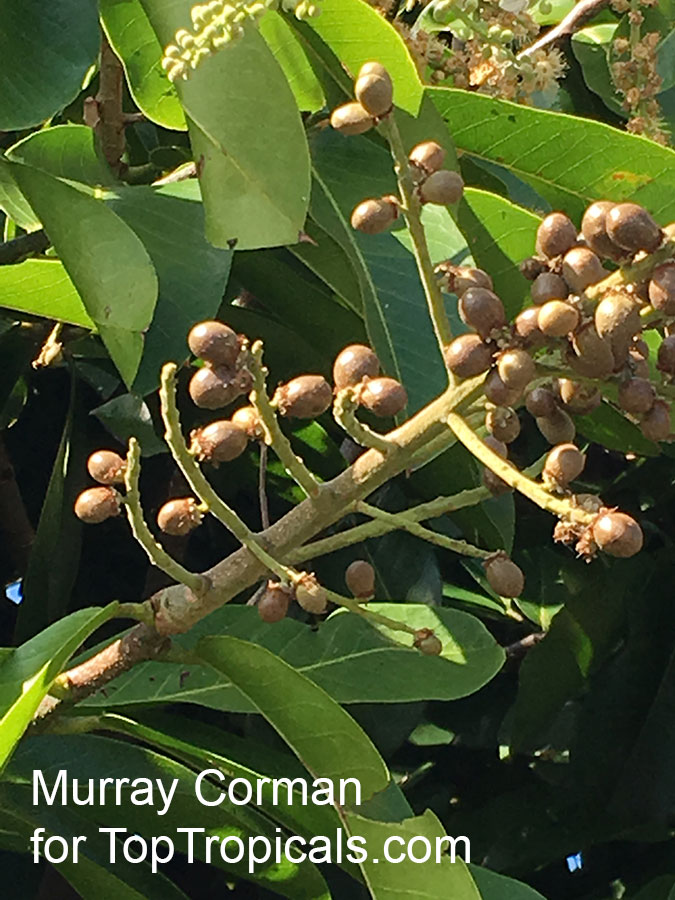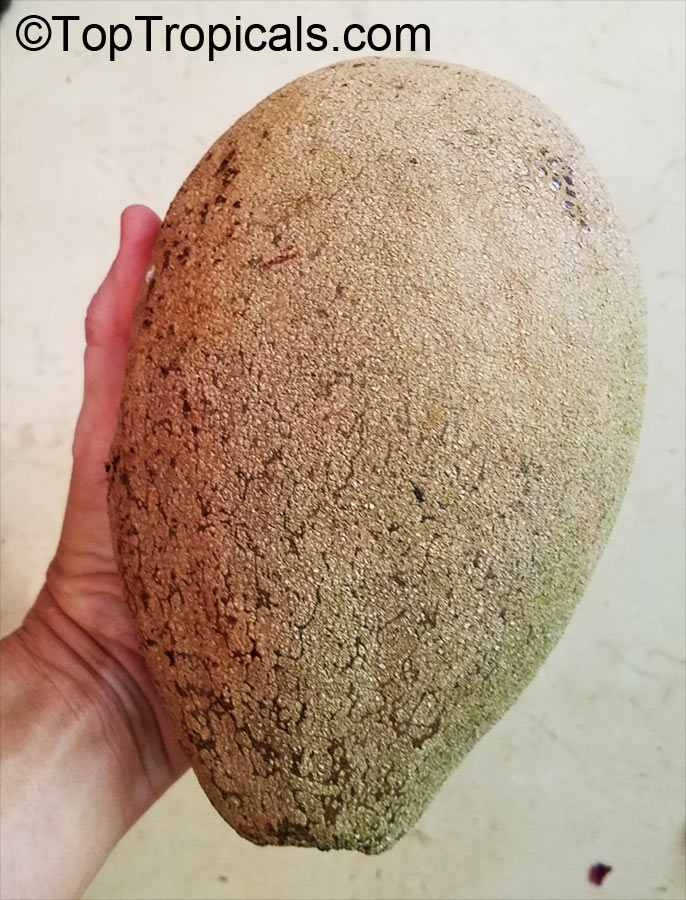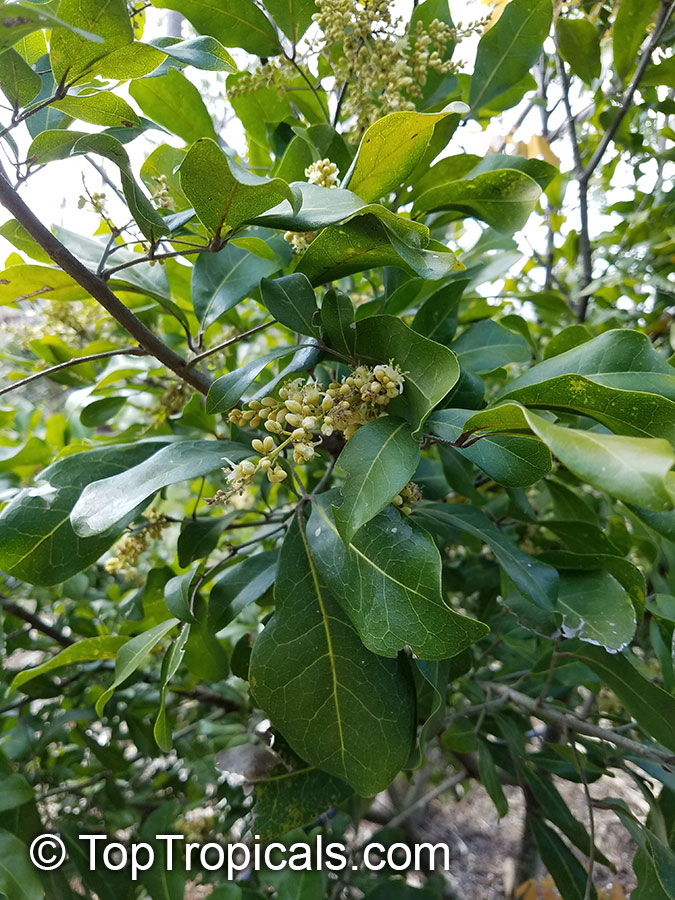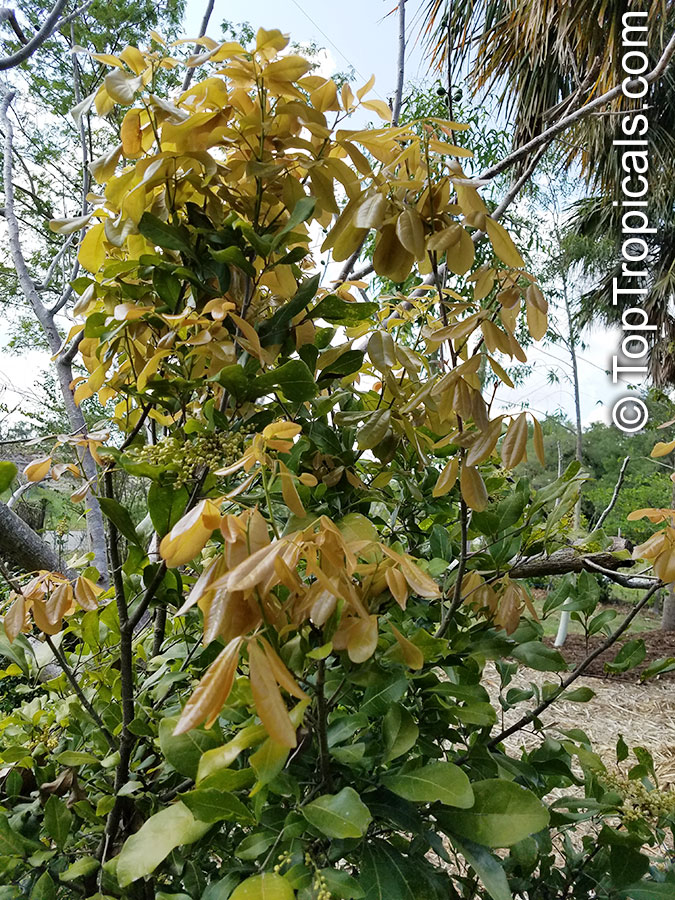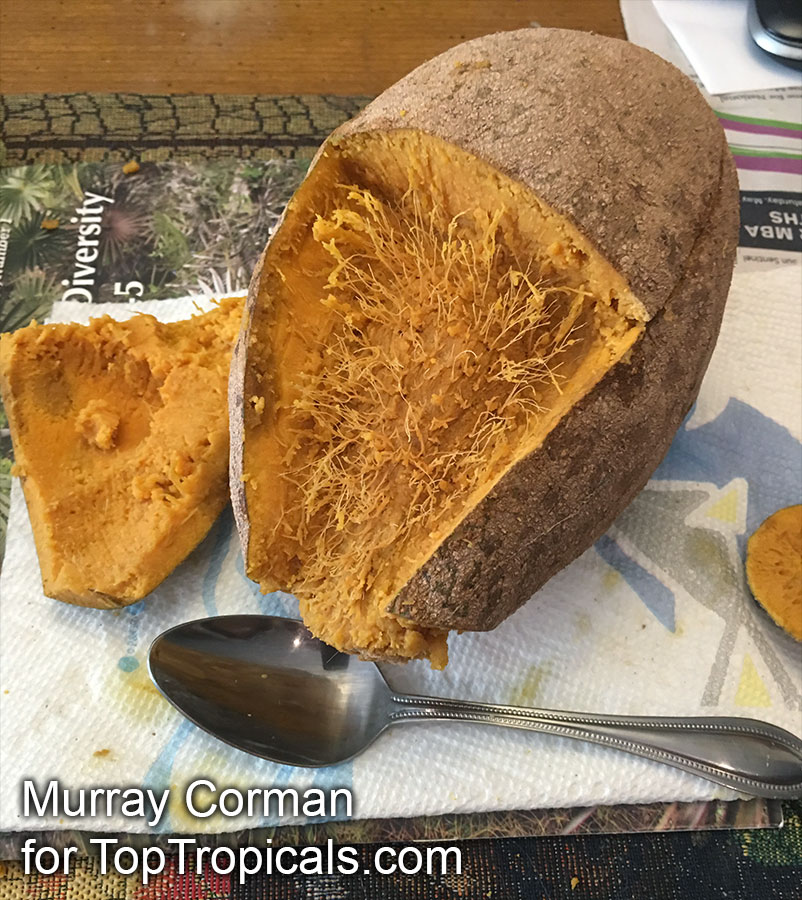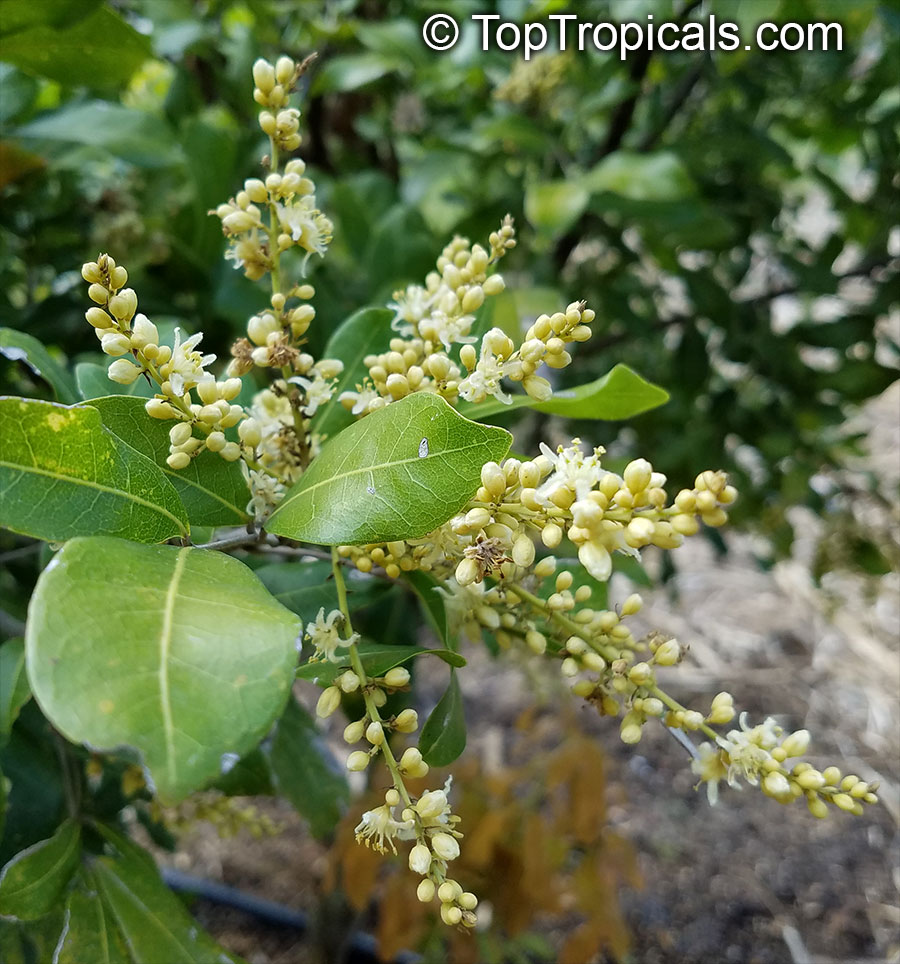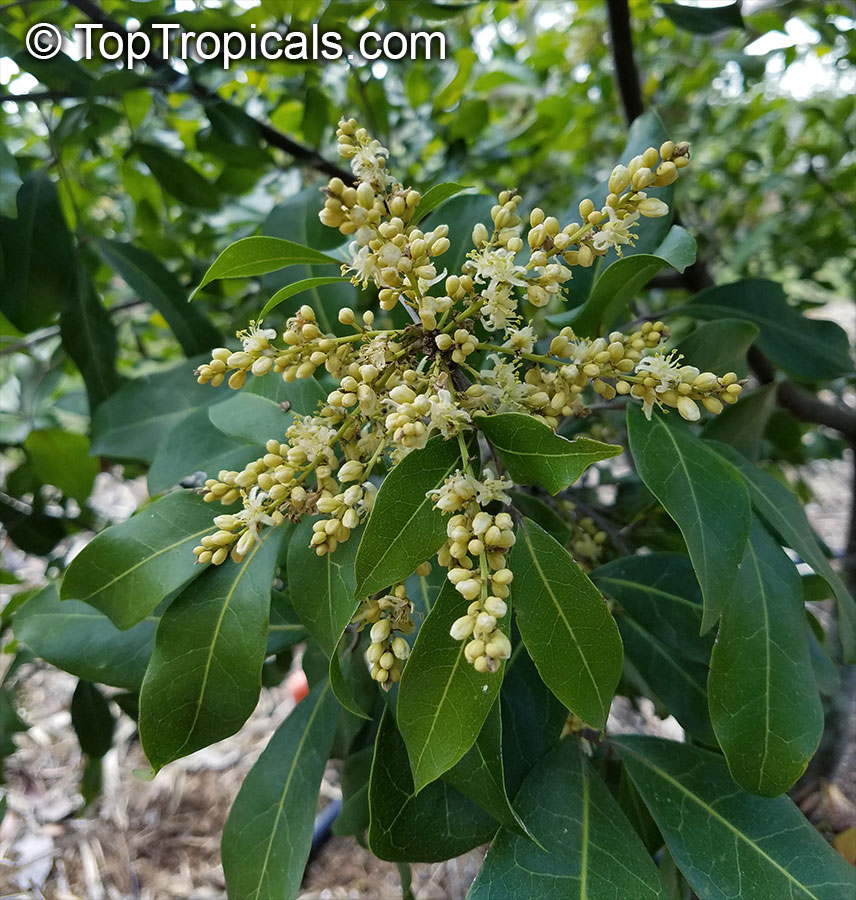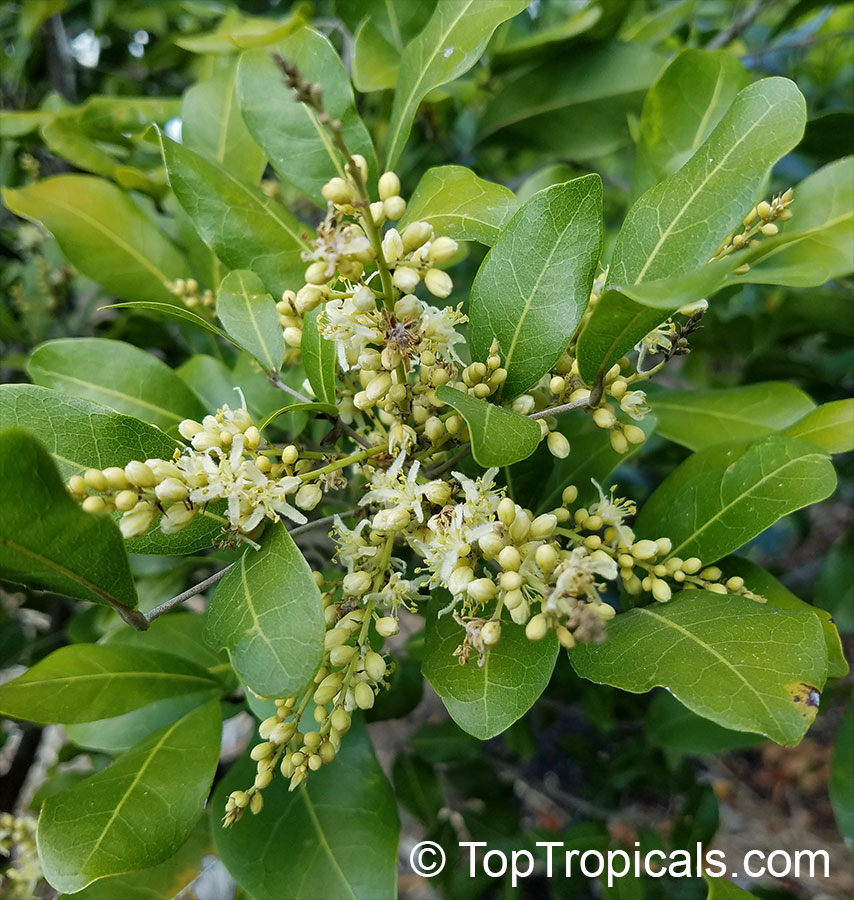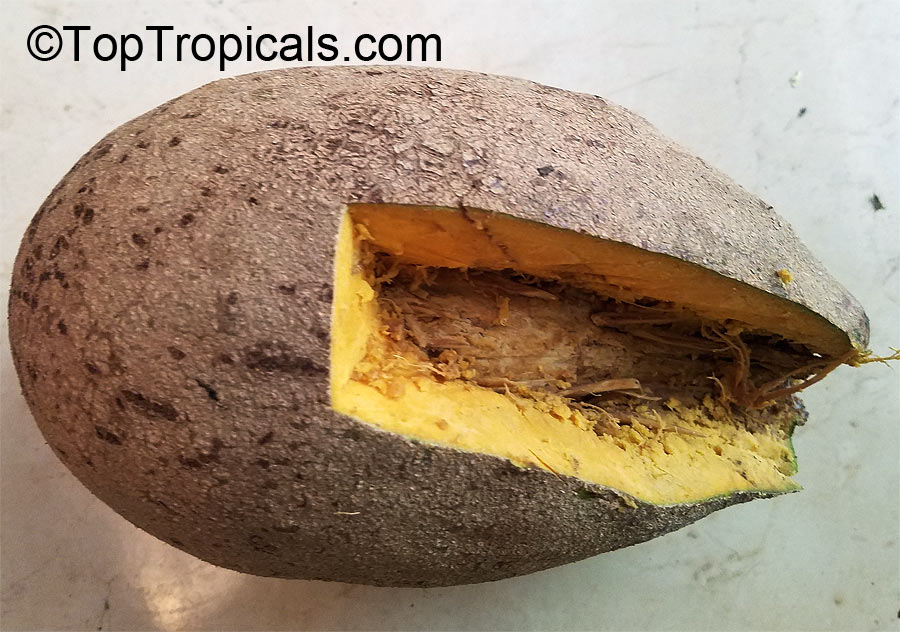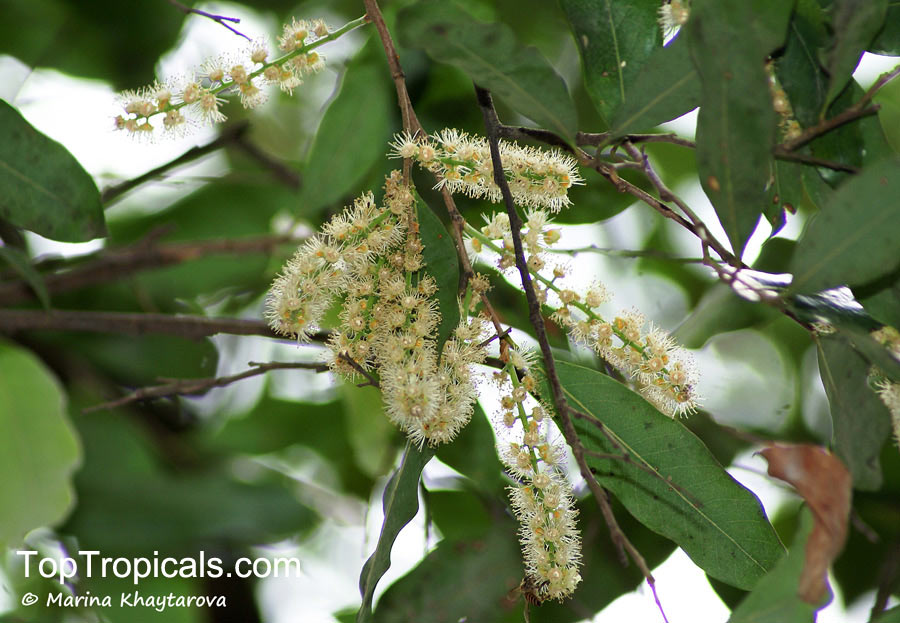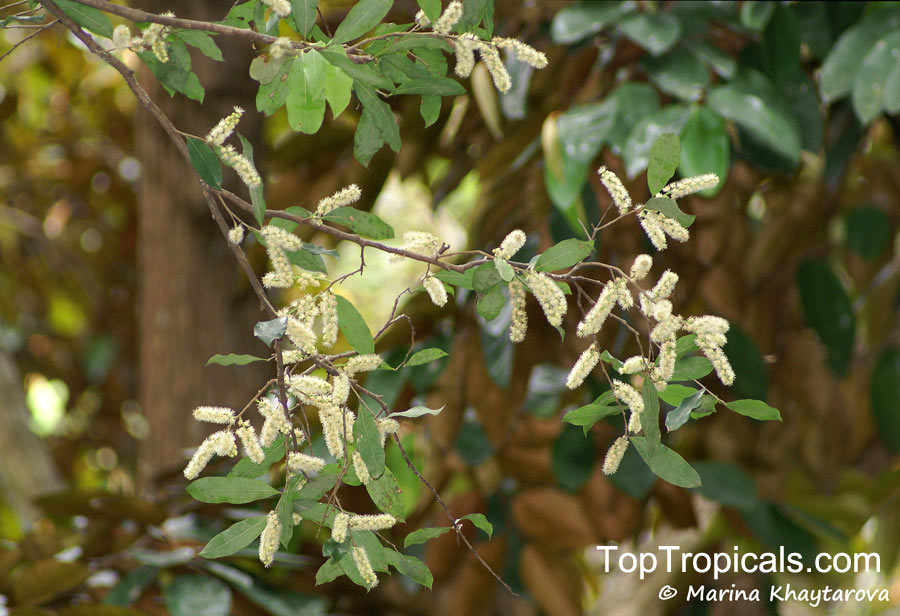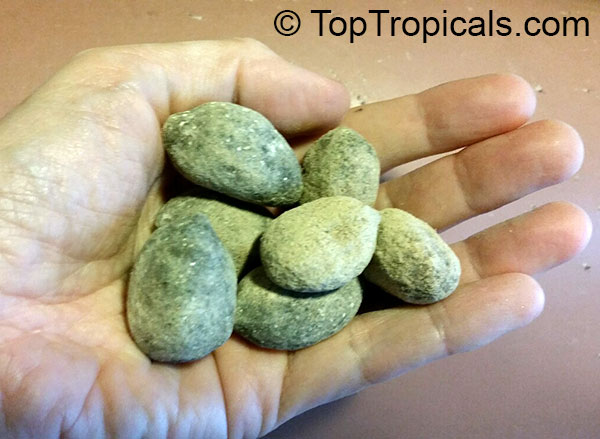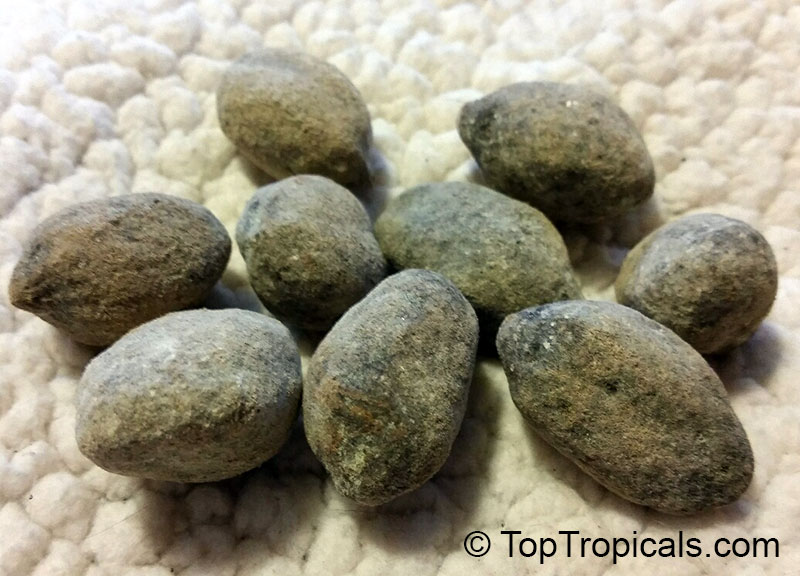Chrysobalanaceae - Botanical Family
| Number of plants found: 5 |
Botanical name: Chrysobalanus icaco
Common names: Cocoplum, Paradise Plum
Family: Chrysobalanaceae
Origin: Central America







Paradise Plum is found near sea beaches and inland throughout the tropical Americas and the Caribbean, including Cuba, southern Florida, and the Bahamas. Easy care shrub that is used often as ornamental or a hedge; it produces edible fruit.
The mature fruits are 1 to 2 inches in length and ovoid or globular. The thin skin of the fruit varies from pinkish white, to red, to purplish black. The white, cottony pulp adheres to the single large ridged seed and is somewhat insipid in taste. The cocoplum is generally stewed with sugar after the skins have been removed. It can also be used for jelly and jam, and the seeds can be roasted as nuts.
The plant is highly tolerant of salt, so it is often planted to stabilize beach edges and prevent erosion.
The plant is highly tolerant of salt, so it is often planted to stabilize beach edges and prevent erosion.
Recommended Fertilizer: SUNSHINE Megaflor - Bloom Nutrition Booster
Last one
Botanical name: Couepia polyandra
Common name: Olosapo
Family: Chrysobalanaceae
Origin: Central America





Small or medium sized tree. Fairly drought resistant, grow in full sun.
Propagation: By seed, which take up to six years to fruit.
Botanical names: Licania platypus, Moquilea platypus, Licania michauxii
Common names: Sunsapote, Monkey apple, Gopher Apple
Family: Chrysobalanaceae
Origin: Mexico to Panama




Licania platypus (Sunsapote) produces a large, oblong-shaped fruit with a thin, purplish-brown skin and yellow pulp containing numerous, tiny edible seeds. The fruit has a sweet, reminiscent of honeydew melon, and is often eaten fresh or used to make jams, jellies, and other desserts.
Due to its high vitamin C content, Sunsapote is said to help boost immunity and ward off colds and flu. Additionally, its high content of polyphenols, antioxidants, and other phytonutrients may help reduce inflammation and the risk of chronic disease. Sunsapote trees can produce up to 20 fruits per season.
The plant is generally hardy in USDA Zones 9-11. It prefers full sun and thrive in moist, moderately drained soils. In cold regions, the plant may be grown in a large pot, as long as it is protected from frost and extreme temperatures.
Botanical name: Parinari curatellifolia
Common names: Mupundu, Mobola Plum, Parinari
Family: Chrysobalanaceae
Origin: West Africa





Parinari curatellifolia is an evergreen tropical tree of Africa, found in various kinds of deciduous woodland most frequently in poorly drained areas and inland at moderate altitudes. It is also known as Mupundu or Mobola Plum after the fruit, which is considered tasty and causes the tree to be spared when woodland is cleared for cultivation.
It grows in the Guinea Savanna region of West Africa from Senegal across to Chad and then in seasonal woodland across the Equator through Kenya and the eastern side of the continent in deciduous Miombo woodland inland to Zambia and Zimbabwe.
A traditional food plant in Africa, this little-known fruit has potential to improve nutrition, boost food security, foster rural development and support sustainable landcare. The main value of the tree is the delicious fruit, which appears early in the dry season and can be harvested over 3 or more months. It is used a snack and the kernel has a high oil content. The crushed pulp of the fruit is an ingredient in drinks and since it ferments well, is often used to make alcoholic drinks as well.
Use link to repeat this search:
https://toptropicals.com/cgi-bin/garden_catalog/cat.cgi?search_op=and&keyword_op=and&language=e&family=Chrysobalanaceae
&number=10&no_change_lang=1&user=tt&sale=1&first=0
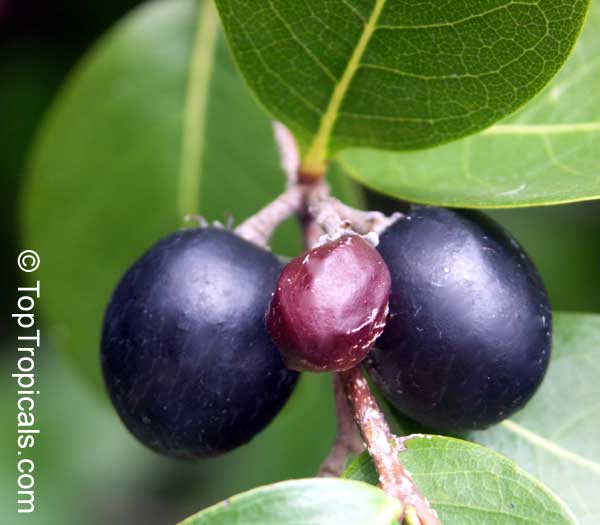
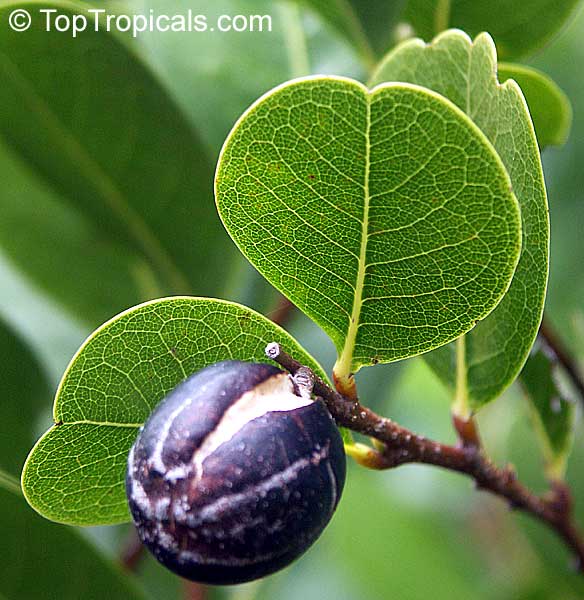
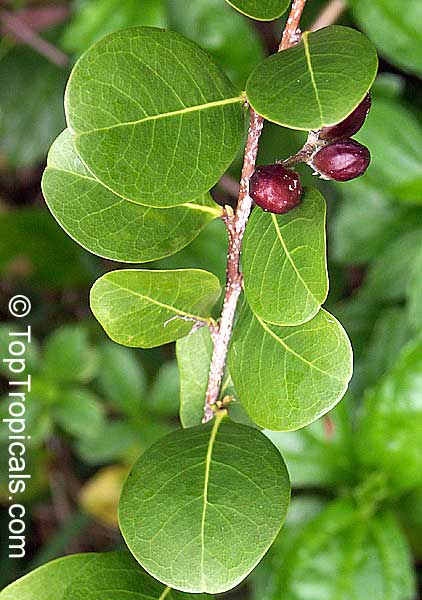
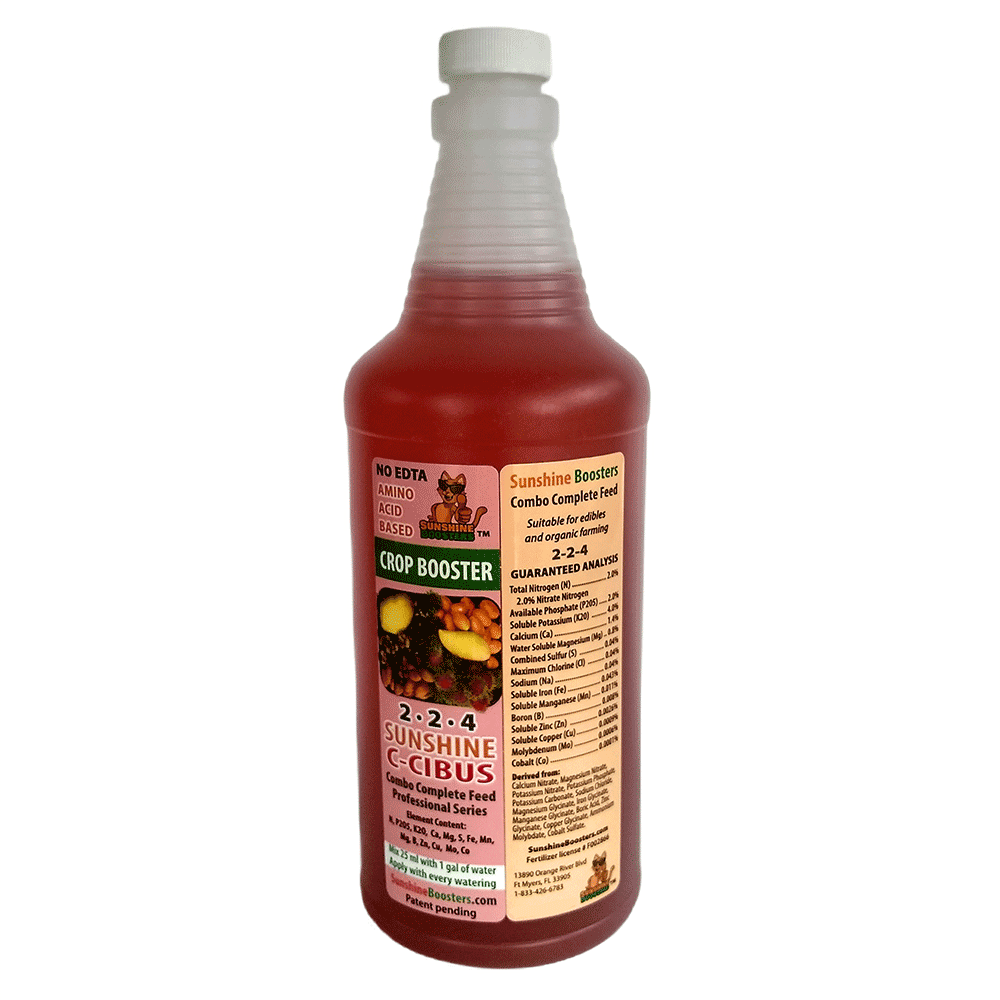 SUNSHINE C-Cibus (NPK 2-2-4) - Crop Booster for every watering.
SUNSHINE C-Cibus (NPK 2-2-4) - Crop Booster for every watering. 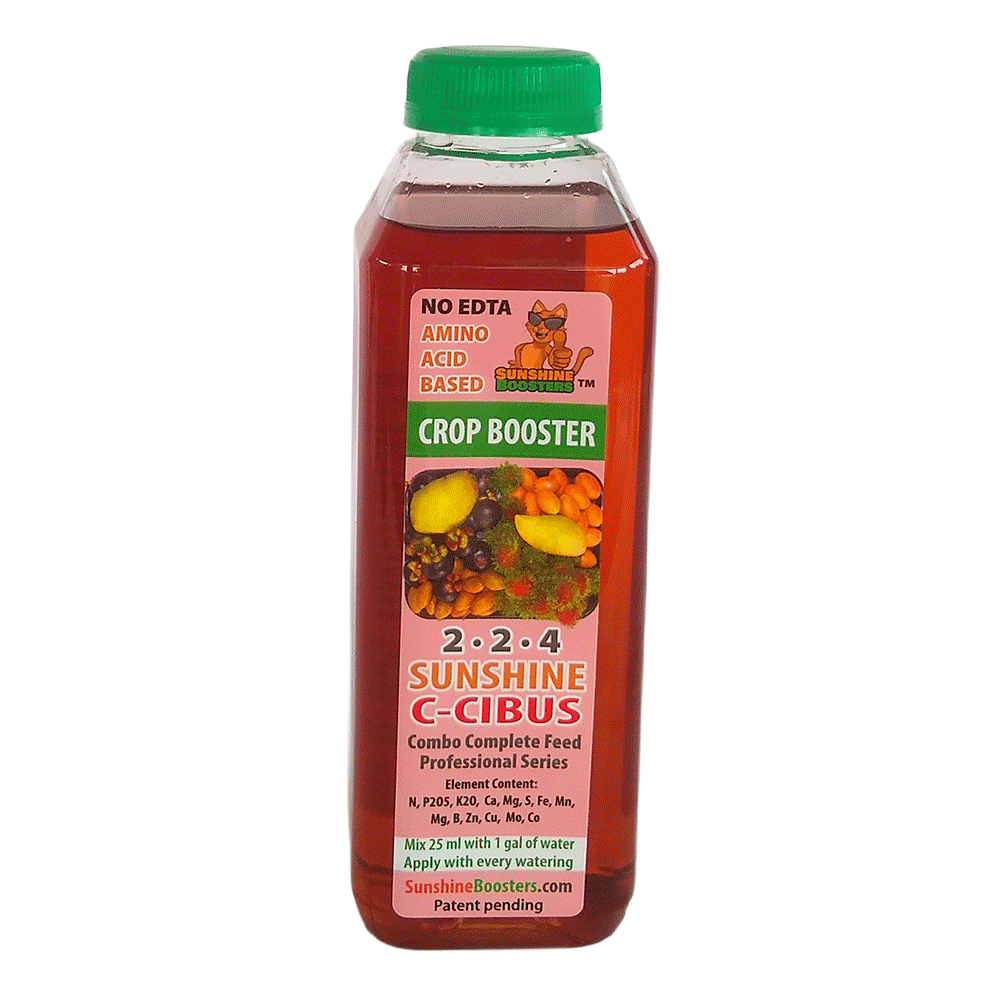 SUNSHINE C-Cibus (NPK 2-2-4) - Crop Booster for every watering.
SUNSHINE C-Cibus (NPK 2-2-4) - Crop Booster for every watering. 
